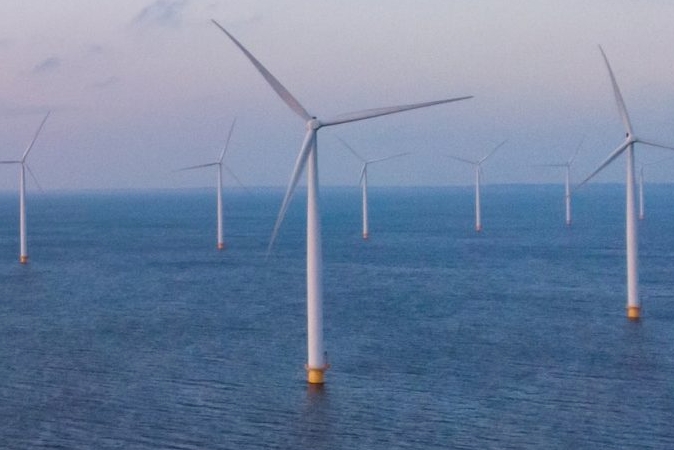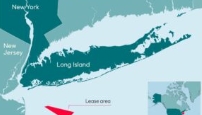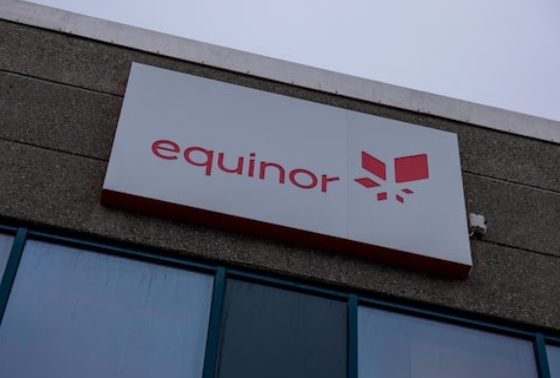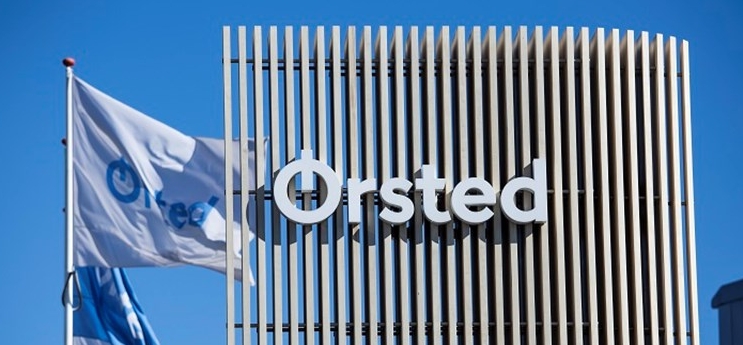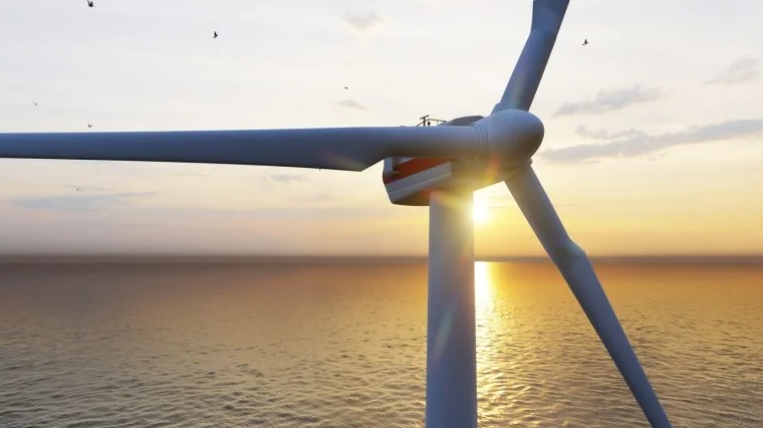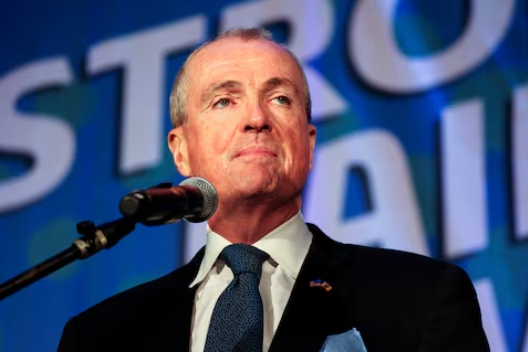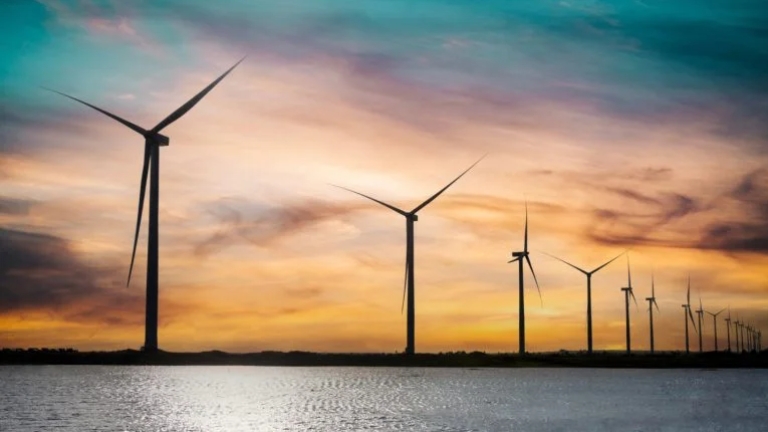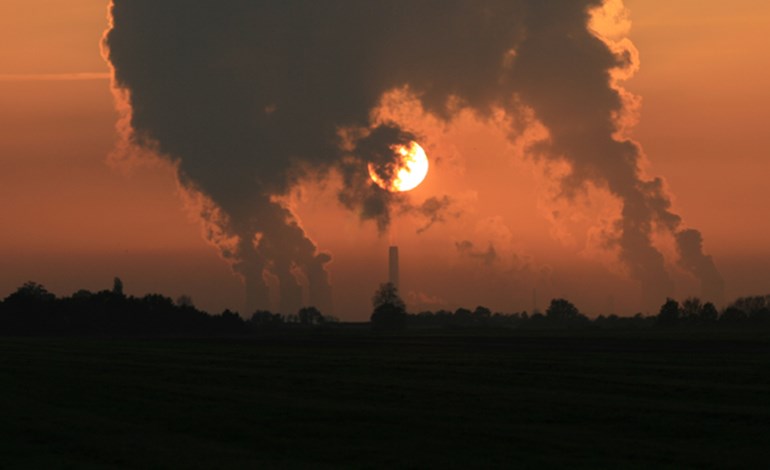
There has been mixed industry reaction to the deal thrashed out at the UN climate summit COP29 in Azerbaijan, with talks that ran 33 hours late coming within inches of collapse.
Under the terms of the agreement, richer countries have pledged a record $300bn (£238bn) to help developing countries fight climate change, but critics have claimed it is “just kicking the can down the road”.
Chair of the UK Environmental Audit Committee Toby Perkins said: “The 11th hour agreement reached at COP29 is a mixed bag.
“On the one hand, the fact that a significant $300bn has been pledged to support the world’s poorest in tackling the devastating effects of climate change represents real progress. While it is far less than the $1tn estimated to be needed, the sum agreed brought the negotiations back from the verge of collapse.
“On the other hand, another failure to agree wording on leaving fossil fuels in the past is simply kicking the can down the road.
“Paying reparations to the nations most vulnerable to climate change while at the same time being unable to agree to end fossil fuel emissions is a vicious cycle on a path to environmental catastrophe.
“It is critical that next year’s COP in Brazil revisits the issue of phasing out fossil fuels.
“The world is making enormous progress in moving to low carbon energy: it’s time to turbocharge these efforts for the health and prosperity of our fragile planet.”
Head of policy at Friends of Earth Mike Childs said: “As the UN climate talks in Baku draw to a close, the UK delegation, led by Ed Miliband, deserves credit for playing a productive role. In terms of climate leadership, we’re light years away from where we were at last year’s gathering in Dubai.
“But these latest international talks failed to solve the question of climate finance - instead they have again kicked the can down the road.
“Developing countries are being hammered by climate extremes now, predominantly fuelled by the current and historic polluting activities of rich nations, like the UK. The problem of how to provide the trillions needed to support the countries being hardest hit by a crisis they’re least responsible for remains.
“Without this investment, which must be unlocked by wealthy countries stepping up to do their fair share, there can be no climate justice.
“Although the UK government is now talking the talk on climate, it is clear that there is still much to be done to ensure they are walking the walk.
“This means getting the UK’s climate targets back on track, including its current commitment to cut emissions by more than two-thirds by 2030.
“A plan that sets out how our targets will be met, ensuring we all benefit from the new green jobs, lower bills and economic boost that a fair transition to a zero-carbon future will bring, is absolutely vital.”
Executive Director of the Business & Human Rights Resource Centre Phil Bloomer added:
"The COP29 finance agreement is a major disappointment for Global South peoples and governments.
“Rich countries have failed to deliver the finance that is needed to help developing country governments to decarbonise, adapt to the worsening climate, and repair the loss and damage from flooding and fire that is already upon them.
“Instead, rich countries are committing to £300bn per year, and wishing the other $1tn will come from business, investors, and multilateral banks.
“There is certainly a lot of private money available – private equity and venture capital alone have an estimated $2.6tn in ‘dry powder’ or capital searching for profitable projects.
“Rich countries want much of their $300bn to be used to ‘de-risk’ and so ‘crowd-in’ private investment in developing countries – effectively a subsidy to prospective investors.
“With this level of dependence on private capital confirmed in Baku, rich countries have an immediate obligation to at least ensure the business regulation that will ensure that their benefitting companies respect human and environmental rights in developing countries.
“The transition to green economies must build public trust through investment plans that deliver shared prosperity, corporate due diligence, and fair negotiations with communities and workers."
